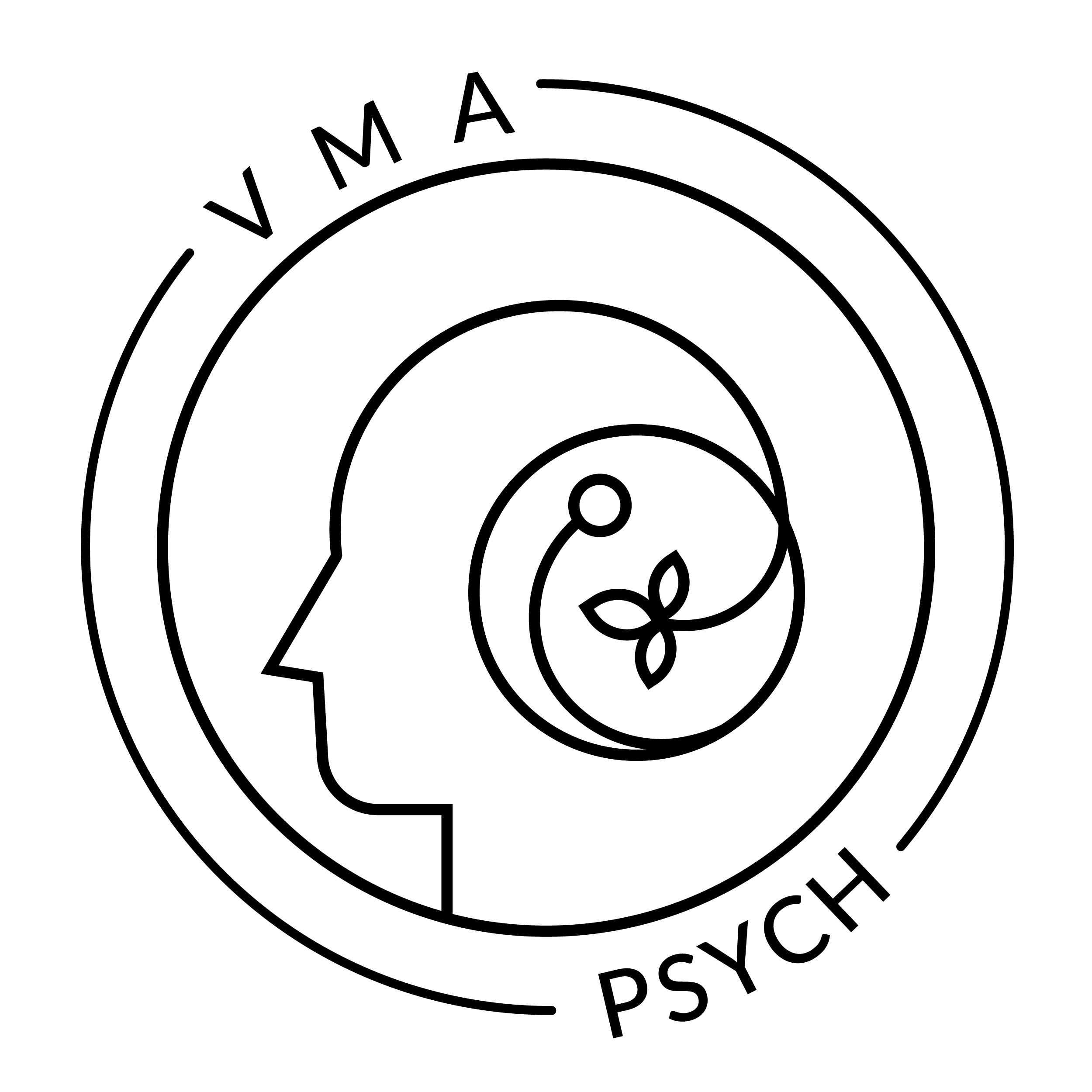What does a healthy relationship look like? It’s a question many of us ask when reflecting on our partnerships. Healthy relationships are the cornerstone of emotional well-being, fostering mutual respect, open communication, and emotional intimacy that allow both partners to thrive individually and together. In this article, we’ll explore eight key signs of a healthy relationship to help you assess and strengthen your bond with your partner.
Why Healthy Relationships Matter
Healthy relationships profoundly impact mental, emotional, and even physical health. They provide support during life’s challenges and create a foundation for personal and shared growth. Research shows that mutual support within a healthy partnership enhances emotional well-being and overall life satisfaction, regardless of the daily struggles each partner may face.
When partners nurture each other emotionally, they cultivate an environment of stability, encouragement, and trust. Such relationships also foster self-awareness and personal development, allowing both individuals to pursue their goals while maintaining a strong connection. The benefits extend to better stress management, improved self-esteem, and increased happiness.
8 Key Signs of a Healthy Relationship

1. Mutual Respect
Respect is the bedrock of any healthy relationship. It involves valuing each other’s opinions, feelings, and boundaries. In a respectful partnership, both individuals feel heard and appreciated.
For instance, during disagreements, respectful partners avoid dismissive behaviours like interrupting or belittling. Instead, they strive to understand each other’s perspectives. This mutual regard fosters trust and strengthens communication, creating a safe space for both partners.
2. Open and Honest Communication
Healthy relationships thrive on open and honest communication. Partners should feel comfortable sharing their thoughts and feelings without fear of judgment or rejection.
Clear communication helps prevent misunderstandings and deepens emotional intimacy. For instance, instead of assuming your partner knows what you need, expressing it openly fosters a more meaningful connection. Similarly, being a good listener can help your partner feel valued and supported.
3. Trust and Reliability
Trust is essential for emotional security and long-term stability. It grows through consistent actions and honesty, whether in small daily gestures or significant commitments.
In a healthy relationship, partners can rely on each other, whether it’s following through on promises or being there during challenging times. Without trust, doubts and insecurities can strain the relationship. Cultivating reliability strengthens the foundation of your partnership.
4. Emotional and Physical Intimacy
Emotional and physical intimacy are equally important in a healthy relationship. While emotional intimacy involves sharing vulnerabilities and connecting on a deeper level, physical intimacy includes affectionate touch, such as hugs, kisses, and sexual connection.
Moments of intimacy help partners feel loved and valued. When intimacy aligns with each partner’s needs and preferences, they strengthen the bond and deepen the overall relationship.
5. Healthy Conflict Resolution
Disagreements are natural in any relationship, but how partners handle conflict sets the tone for a healthy or dysfunctional relationship. Constructive conflict resolution involves addressing disagreements calmly and respectfully without resorting to hostility or resentment.
Instead of blaming or escalating arguments, healthy partners focus on understanding each other's viewpoints and finding mutually beneficial solutions. By resolving conflicts constructively, couples can grow closer, develop stronger communication skills, and learn how to support each other better.
6. Shared Goals and Values
Partners in healthy relationships often align on core values while respecting individual differences. Shared goals create a sense of unity and purpose, whether planning for the future, managing finances, or raising a family.
For example, a couple who values financial stability might collaborate on a budget or savings plan that both feel happy with. These aligned efforts foster teamwork and deepen the connection between partners.
7. Independence and Individual Growth
Healthy relationships balance time together with time apart. Healthy partners often encourage each other to pursue personal goals, maintain friendships outside of the relationship, and engage in both shared and individual hobbies. .
Independence allows individuals to grow, which ultimately strengthens the relationship. Supporting your partner’s career aspirations or personal interests demonstrates trust and respect, reinforcing your bond.
8. Support and Encouragement
Genuine support and encouragement are hallmarks of a healthy relationship. Healthy partners celebrate each other’s achievements and provide comfort during challenging times.
Whether it’s offering words of encouragement before a big presentation or simply being a shoulder to lean on, supportive actions strengthen the partnership. Knowing that someone is in your corner fosters confidence and emotional security.
The Role of Couples Counselling
Couples counselling can be a transformative tool for strengthening relationships and addressing challenges. A trained therapist can help partners identify and understand each other’s needs, foster better communication, and resolve conflicts constructively.
A counsellor can teach healthy communication skills, techniques to express love effectively, and help partners constructively resolve conflicts. They can also guide couples through practical exercises to build emotional intimacy and mutual appreciation within the relationship.
If you’re struggling to connect with your partner or navigate challenges, couples counselling can provide the support and strategies you need to build a healthier, more fulfilling relationship. For further information on couples counselling, check out our latest article on how couples counselling can help your relationship
Reflecting on Your Relationship

Self-reflection is a powerful tool for evaluating the health of your relationship and identifying areas that may need repair or room to grow. This practice is an opportunity to step back and assess whether your connection aligns with the core signs of a healthy relationship. Ask yourself these key questions:
Do I feel respected and valued by my partner, even during disagreements?
Can we communicate openly and honestly without fear of judgment or conflict?
Are we supportive of each other’s goals, dreams, and personal growth?
Do we handle conflicts in a constructive way that strengthens, rather than weakens, our bond?
Am I comfortable being myself in this relationship, and does my partner feel the same?
Once you’ve considered these questions, initiate an open, empathetic dialogue with your partner. Share your thoughts and encourage them to do the same. Calm, non-confrontational discussions can uncover shared goals, resolve misunderstandings, and deepen your connection. If you are not able to have this conversation 1-on-1 with your partner, consider having it with a couples counsellor present for mediation and support.
Are you ready to strengthen your relationship or address challenges? VMA Psych is here to help. Our experienced therapists provide tailored couples counselling to help you and your partner improve communication, navigate challenges, and build a deeper connection.
Contact us today to book a session and take the first step toward a healthier, more fulfilling relationship.
Welcome to VMA Psych.
Your trusted provider of exceptional mental health services in the GTA & beyond. Learn More
With 40+ years as Toronto's leading psychologists, we guide individuals through life's complexities, offering specialized services for a brighter future.




















